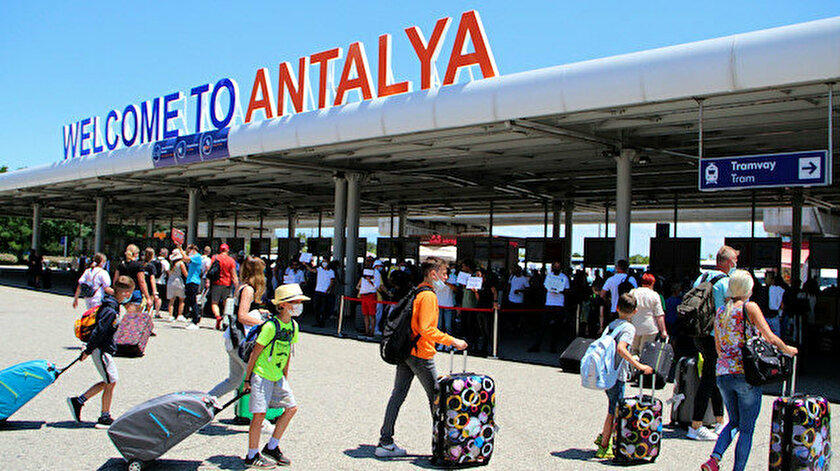Is Antalya in Europe or Asia?
Antalya, a popular tourist destination known for its stunning coastline, rich history, and vibrant culture, often raises the question of its continental location: is it in Europe or Asia? The answer to this question lies in the unique geographical and cultural positioning of Turkey, the country in which Antalya is situated.
Geographical Position
Turkey is a transcontinental country, meaning it spans more than one continent. The country is divided by the Bosporus Strait, which separates the small European part of Turkey, known as Eastern Thrace, from the larger Asian part, known as Anatolia or Asia Minor. Antalya is located on the southwestern coast of Anatolia, firmly placing it within the Asian continent.
Historical and Cultural Context
Historically, Antalya has been a significant hub in various ancient civilizations, including the Roman, Byzantine, and Ottoman Empires. Its rich cultural tapestry is evident in the well-preserved ruins and historical landmarks scattered throughout the region, such as Hadrian’s Gate and the ancient city of Perge. The blend of European and Asian influences in Antalya’s architecture, cuisine, and traditions reflects Turkey’s unique position as a bridge between two continents.
Modern-Day Relevance
Today, Antalya is one of Turkey’s most popular tourist destinations, attracting millions of visitors annually. The city’s appeal lies not only in its Mediterranean climate and beautiful beaches but also in its cultural diversity and historical depth. This blend of Eastern and Western influences makes Antalya a fascinating place to visit, offering a mix of ancient ruins, modern resorts, and vibrant markets.
Conclusion
In conclusion, Antalya is geographically located in Asia, specifically in the Asian part of Turkey. However, its cultural and historical connections to Europe highlight the unique transcontinental nature of Turkey. Whether you’re exploring the ancient ruins, enjoying the Mediterranean coast, or experiencing the local culture, Antalya offers a rich and diverse experience that transcends continental boundaries.
Pages: